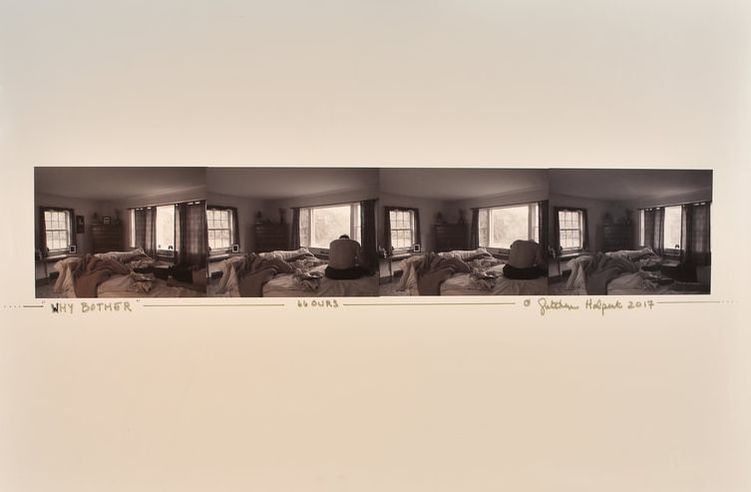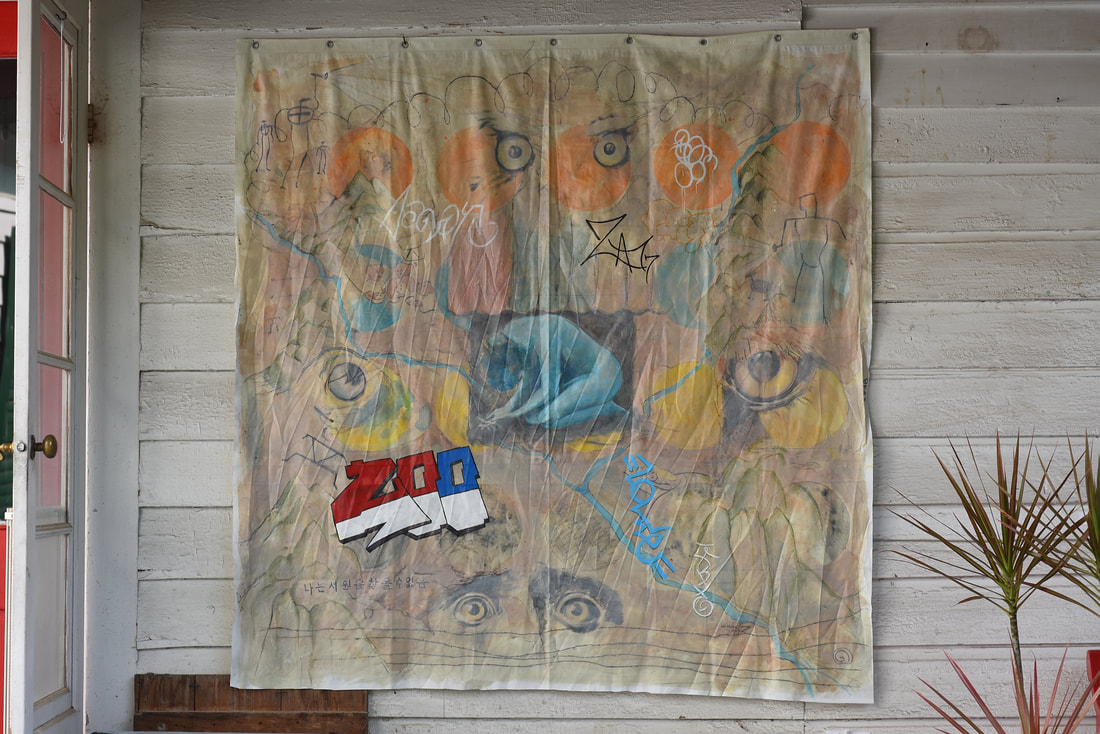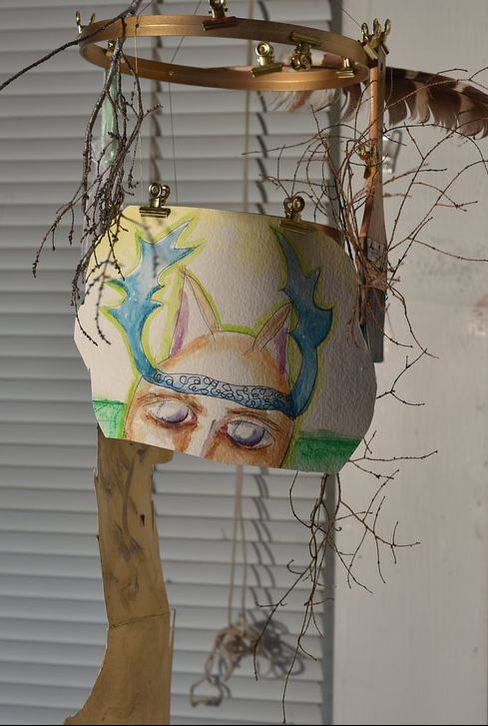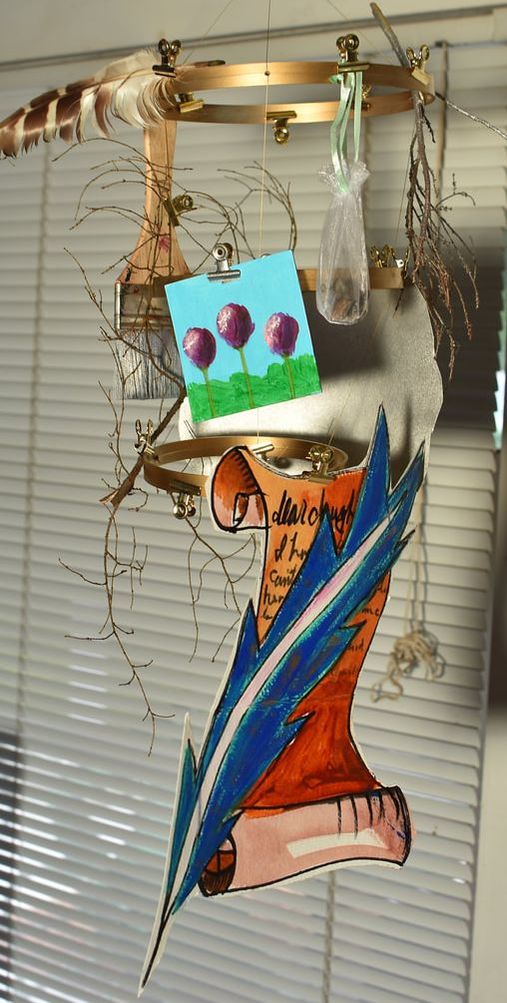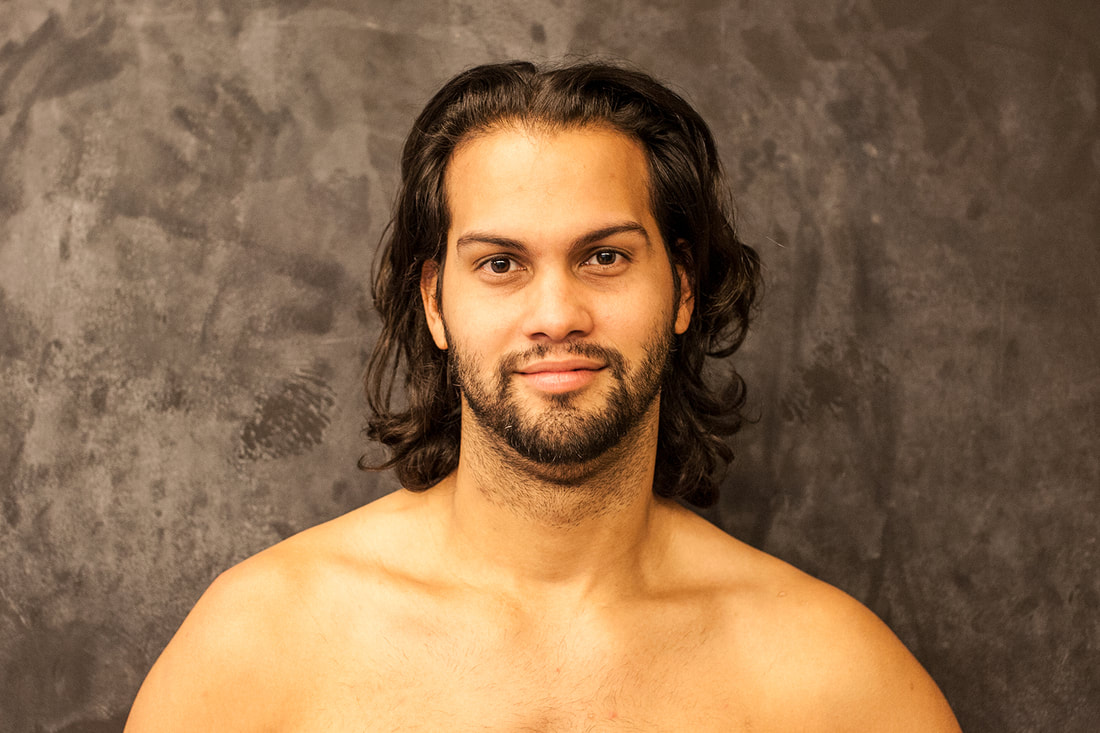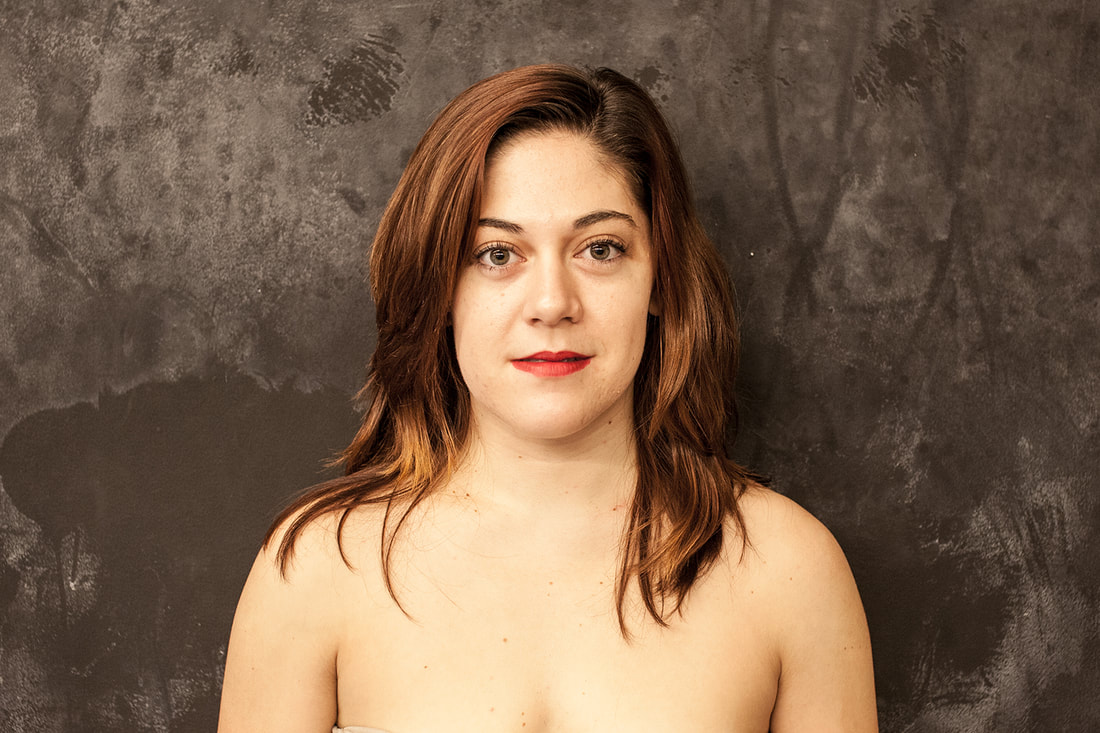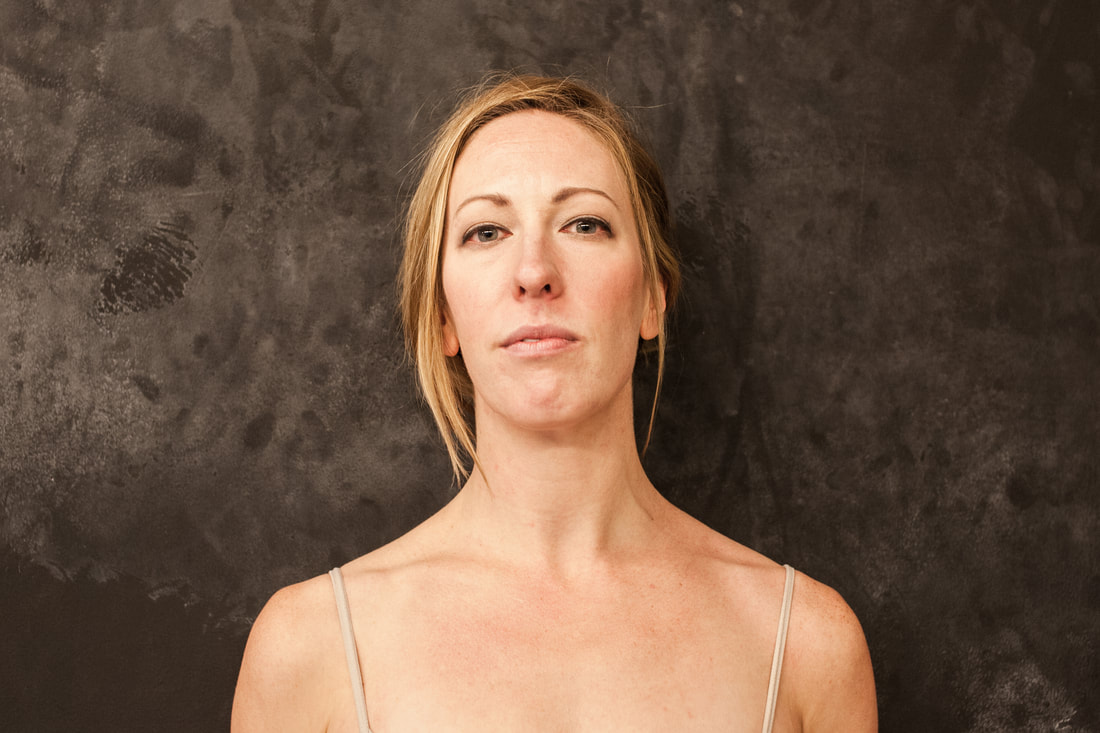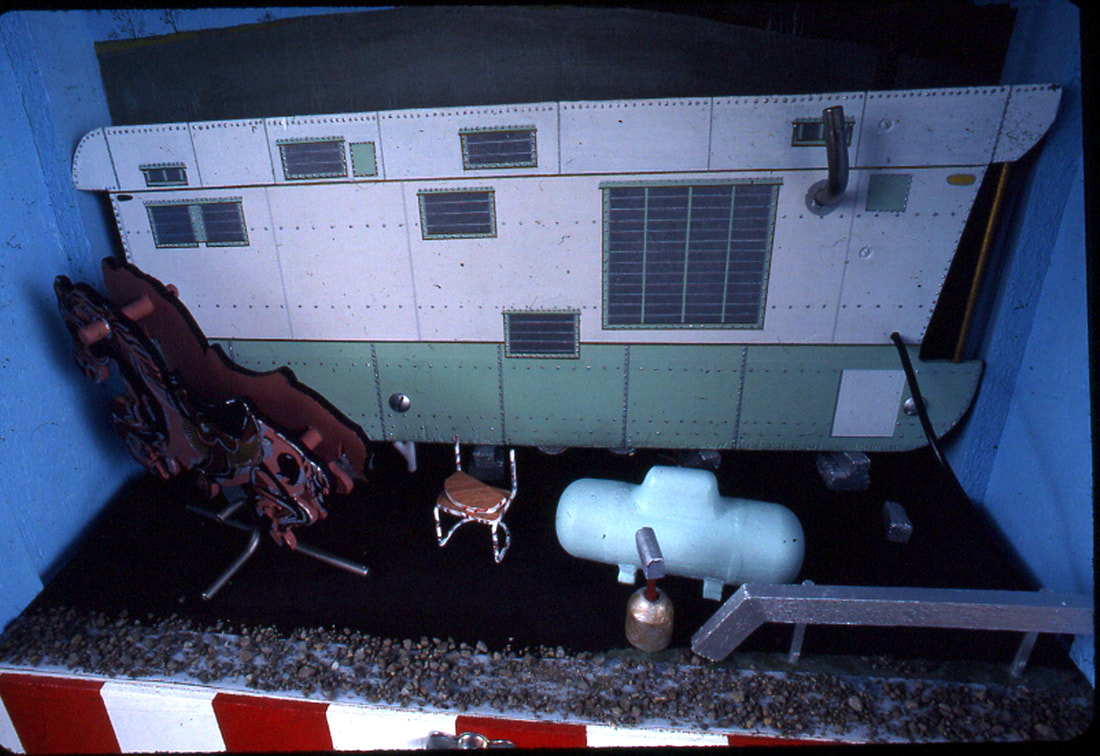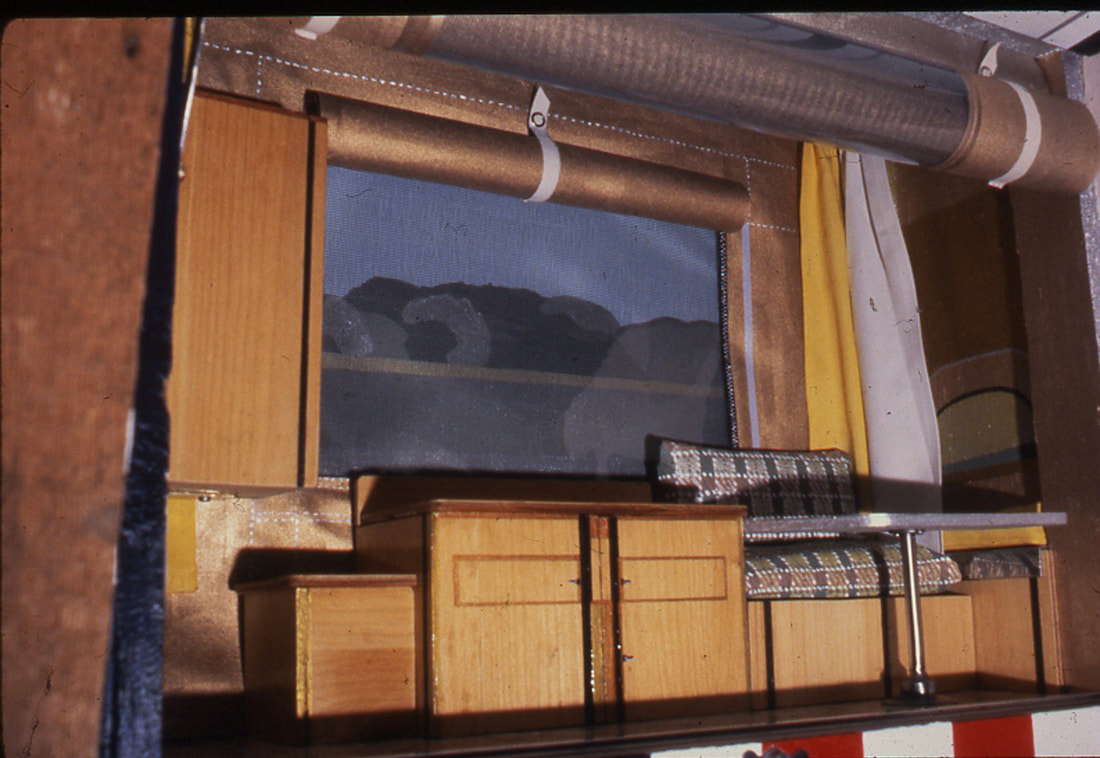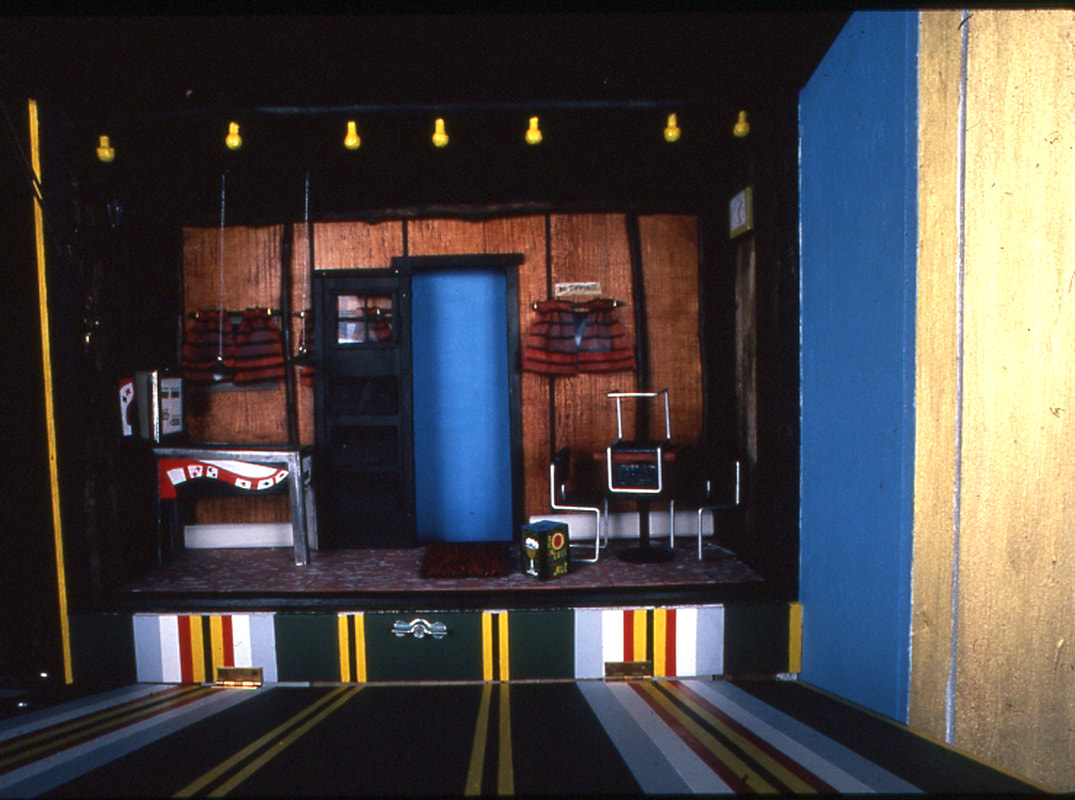|
Michael Callahan hadn’t spent too much time figuring out what to do when he grew up. Why should he have? It made more sense to live day to day. How does anybody decide what to do with themselves? The canning factory closed in 2008 after the economy hit, so Michael was then out of his third job in a row. Time to give up? Not having anywhere in particular to be makes time go by fast and slow all at once. Have you ever tried it? Not just for a weekend, but a long stretch of time, weeks, months. TV gets dull. Really really dull. Michael found that even shows he would have called his favorite a year before had lost all their charm. Daytime court shows are straight insipid. Is there even any good TV anymore? He tried all kinds of sleep routines. Nocturnal like a raccoon, check. Are you familiar with polyphasic sleep? Did that. Sleeping sunset to sunrise. That one's better than you think. At this point, you're wondering how he survived, financially. Newton was a low-cost town. He got an unemployment check and completed the bare minimum to keep that up. His parents, a mile and a half from his spot, weren't willing to feed him dinner every night. But do you think they'd let him starve? No, of course not. And he wasn't 100% without work. The odd job came to him. That's why they're called odd, you know? Michael was surprised to find he liked house painting. It's boring, not particularly hard. It was all a paradox. A lot of decisions about doing nothing. Why bother showering? When should he make lunch? How much beer was too much for one evening? Whom should he call to hang out? What did he want to be doing, a week from now, a month from then, a year out? Is it okay to stay home for three straight days? How does anybody decide what to do with themselves? Would life be different if he won the lottery? (Should he play the lottery?) Do most people in his situation plan or just go with the flow? What are you doing today that matters for your tomorrow versus your next year? How do you be the best version of yourself in the worst situation? How much have you figured out? Are you prepared for changes? Are you prepared for no changes? By Neil Bardhan photograph by Gretchen Halpert
Hana, man, mona, mike; Barcelona, bona, strike; Hare, ware, frown, vanac; Harrico, warico, we wo, wac. I fell backwards from my fragile chair, not unusual for me, I fix things for a living so at home I like the freedom of disordered and broken things, I find comfort in it. I was never the goose on the playground, always the duck... like the kind of duck you see in the window of a Chinese deli in San Francisco hanging amongst brothers, it's not sad, each one is waiting to be freed from the hook, ready to become the antagonistic goose. As I lay there on my back looking up at the corrugated metallic horizon of my home It occurs to me... a tiger won't holler and a duck is no match for a goose. My story isn't sad, it's not even a story so much as a thought or the feeling you have when you play with your sibling jumping from chair to couch to chair, feet never touching the ground. You know all along that the lava makes it fun, you know that you can open the heat register and free your mini-figs from lego jail, you know that paper and scissor will never be a match for rock. I put the ashes in my pockets instead of the posies, my chair isn't broken because we all fall down. by Whitney Menzel video & choreography by Kristen Merritt
Zoo I feel so small. Like a monkey in a cage. Like some extinct creature in a museum diorama. A passenger pigeon, a dodo, maybe a little sea mink cowering in a corner next to an extinct fern. I could make friends with that chubby pupfish over there. Or eat him. But I’m not. I’m human. At least the last time I looked. A human woman. This brief clearing in the woods was a discovery. A tin shelter. Whom it belongs to I’ve no idea, there is no lock. When the bright light comes I quickly evacuate, to hide myself, usually in the river, underwater. I can swim a long way on one breath. What I’ll do come winter I have no idea. I am braiding a rope from found remnants. When it is long enough, I plan to attach it high in a tree notch so that I might pull myself up in the foliage, hauling my rope up after me. Yes, in winter a thick conifer. Perhaps. When they leave again there is often something edible left behind. I don’t know if this is their carelessness, or if it is meant for me. It is difficult to surmise motives. When, if, I consume this—well, of course I do—I leave any remnant clawed, any bit of tin crushed, as if it was one of my near neighbors who devoured it. Scattered by wolves, bears, foxes, raccoons; those coyote, my vigilant friends. As I have no clothing I appreciate the offerings of these familiars. A scrap of rabbit fur, the discovered remains of a ravaged deer. If they had meant me no harm, you would think they would not have left me naked. Soon my hair will grow longer, long enough to afford me warmth, protection. Often now, I have moved on. Searching for the way free. I follow the river, or deer paths that might lead to the edge, but the woodland only thickens. The bright light comes no matter where, both here and there. Sometimes I just circle back to the tin house. Perhaps they are still searching for me. I vow to not be found. by Karen Alpha painting by Edd Tokarz Harnas
Vignette for a Vignette She cursed as the twig cracked beneath her boot. The sound, nearly imperceptible to human ears, easily startled her quarry back into docility. The hreinin’s amenability served well for hunting and normal work but was not what she needed today. She cursed again as she trudged to find another vantage point to fade from the herds awareness. The gravel crunched and spat as she careened down the narrow road. Her father’s not quite anachronistic letter had found her, dragging her back into a life she had fought hard to leave behind. The tiny dilapidated trailer loomed in the tree line, smelling of molder and rot instead of roasting meat and mulled wine. The sleigh to the side, once one of her favorite of her father’s toys, lay in shambles. The letter, written with quill in a tight script, had given little indication as to what had caused him to abandon the trailer or the job, or why he needed her instead of one of her siblings. She began a quick mental assessment of the things she would need to repair the slay as her truck came to a halt. She squinted towards the herd as she pulled her hood tight against the wind. She no longer remembered if it had been days or weeks since she had moved from the spot, having no way to mark the passage of time. The herd had slowly forgotten her presence, gone back to playing and fighting amongst themselves, digging through the snow for scraps of food below. She had had her eye on a spritely little doe for some time, hoping she would be the first. The little doe had a way of prancing and charging that kept even the adults on their toes. She could not keep a small smile from creeping towards the corners of her mouth as she watched the little doe thunder towards an aggressive buck. “You will be my Thunder”, she whispered to herself. The buck lowered his head to meet Thunder’s charge and the hunter’s trace of a smile turned into a full-blown grin. Instead of completing the charge Thunder leapt. And Thunder began to fly. by Joe Sanchez |
66 OURS - Collaborative Writing ProjectStarting with Phase 1, writers had 66 days to base their writing on 1 anonymous person & 1 vignette, dutifully and judiciously assigned to each writer by Amelia. Photos given to the writersEach writer was given a combination of 1 person + 1 vignette from the following:
Person 1
Person 2
Person 3
Vignette 1
Vignette 2
Vignette 3
Categories
All
|
